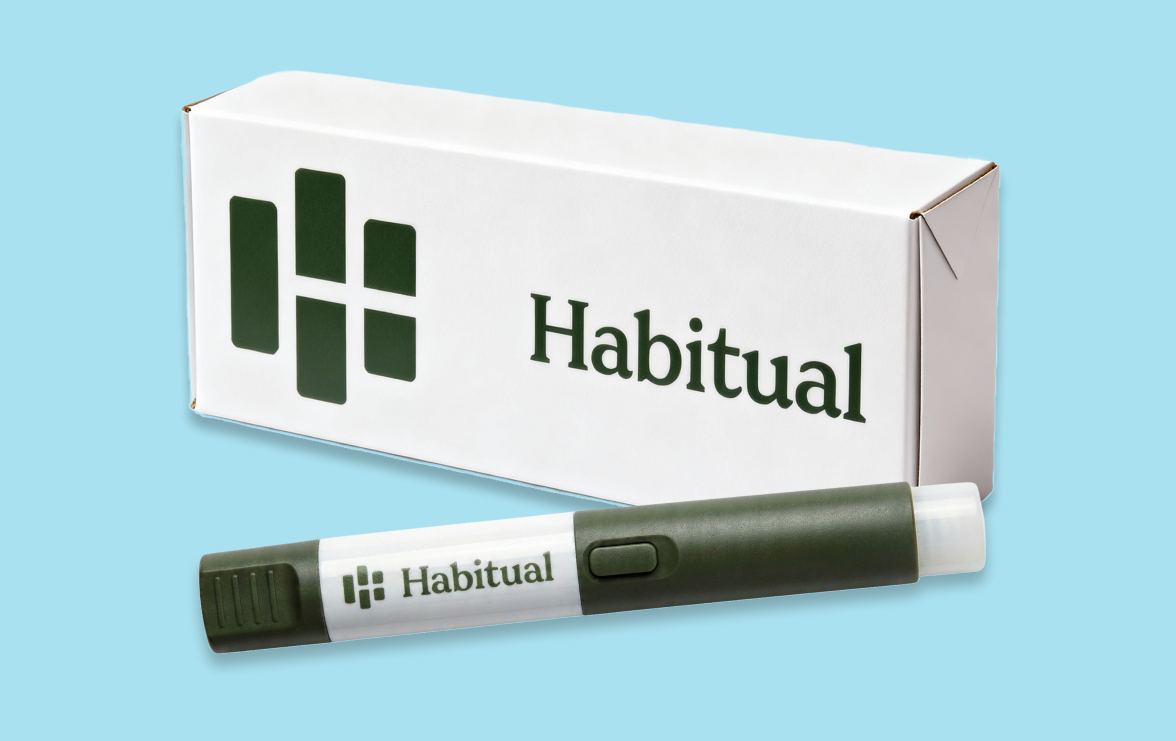[1] Vanita R. Aroda, Julio Rosenstock, Yasuo Terauchi, Yuksel Altuntas, Nebojsa M. Lalic, Enrique C. Morales Villegas, Ole K. Jeppesen, Erik Christiansen, Christin L. Hertz, Martin Haluzík, PIONEER 1 Investigators; PIONEER 1: Randomized Clinical Trial of the Efficacy and Safety of Oral Semaglutide Monotherapy in Comparison With Placebo in Patients With Type 2 Diabetes.
Diabetes Care 1 September 2019; 42 (9): 1724–1732. (
Reference)
[2] Helena W. Rodbard, Julio Rosenstock, Luis H. Canani, Chaicharn Deerochanawong, Janusz Gumprecht, Søren Østergaard Lindberg, Ildiko Lingvay, Anette Luther Søndergaard, Marianne Bach Treppendahl, Eduard Montanya, PIONEER 2 Investigators; Oral Semaglutide Versus Empagliflozin in Patients With Type 2 Diabetes Uncontrolled on Metformin: The PIONEER 2 Trial.
Diabetes Care 1 December 2019; 42 (12): 2272–2281.(
Reference)
[3] Filip K Knop, Vanita R Aroda, Ruben D do Vale, Thomas Holst-Hansen, Peter N Laursen, Julio Rosenstock, Domenica M Rubino, W Timothy Garvey; Oral semaglutide 50 mg taken once per day in adults with overweight or obesity (OASIS 1): a randomised, double-blind, placebo-controlled, phase 3 trial. The Lancet, 2023. ISSN 0140-6736 (
Reference)
[4] Pratley R, Amod A, Hoff ST, Kadowaki T, Lingvay I, Nauck M, Pedersen KB, Saugstrup T, Meier JJ; PIONEER 4 investigators. Oral semaglutide versus subcutaneous liraglutide and placebo in type 2 diabetes (PIONEER 4): a randomised, double-blind, phase 3a trial. Lancet. 2019 Jul 6;394(10192):39-50. doi: 10.1016/S0140-6736(19)31271-1. Epub 2019 Jun 8. Erratum in: Lancet. 2019 Jul 6;394(10192):e1. PMID: 31186120.
[5] Leslie, W.S., Ford, I., Sattar, N. et al. The Diabetes Remission Clinical Trial (DiRECT): protocol for a cluster randomised trial. BMC Fam Pract 17, 20 (2016). (
Reference)




